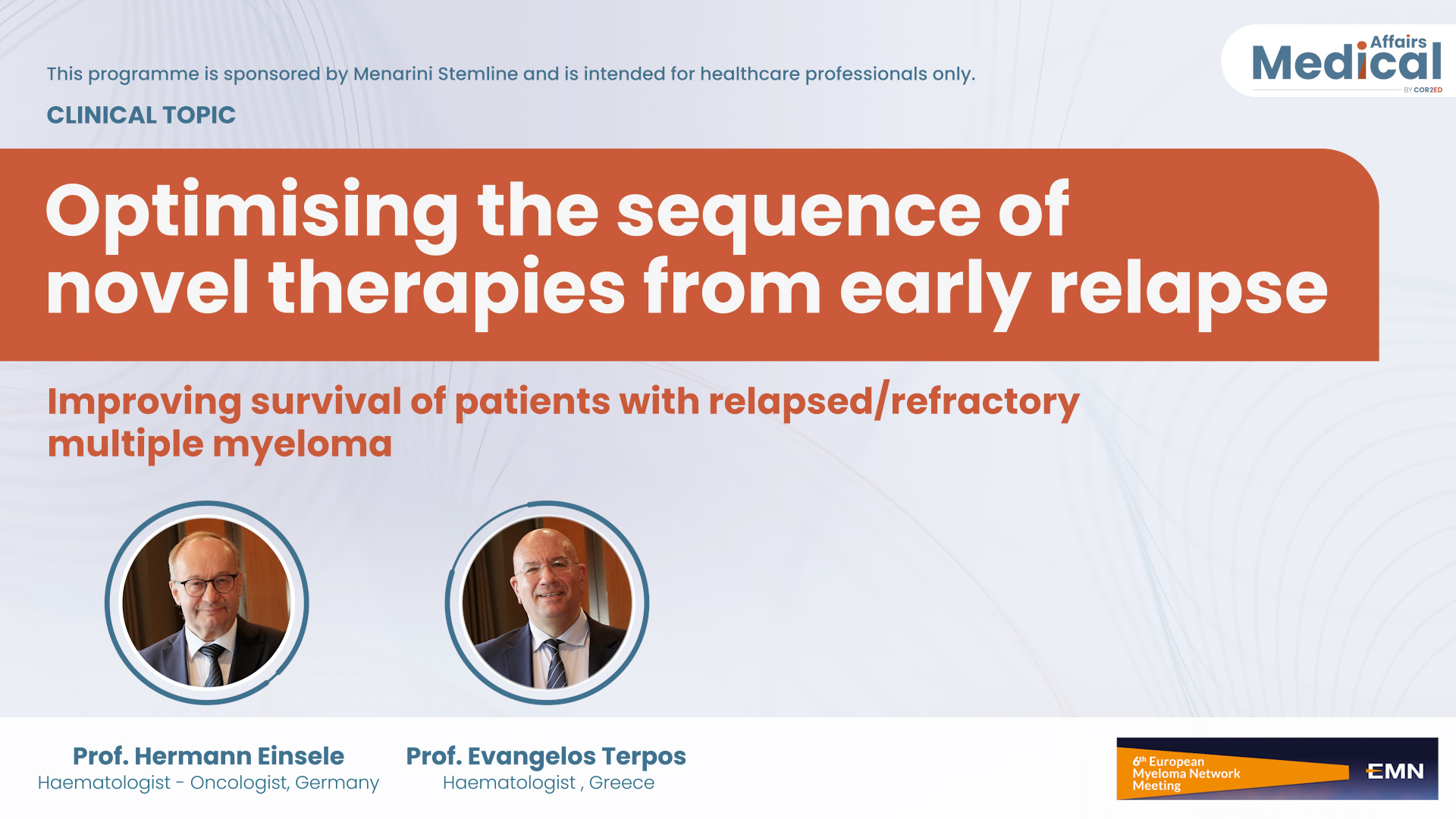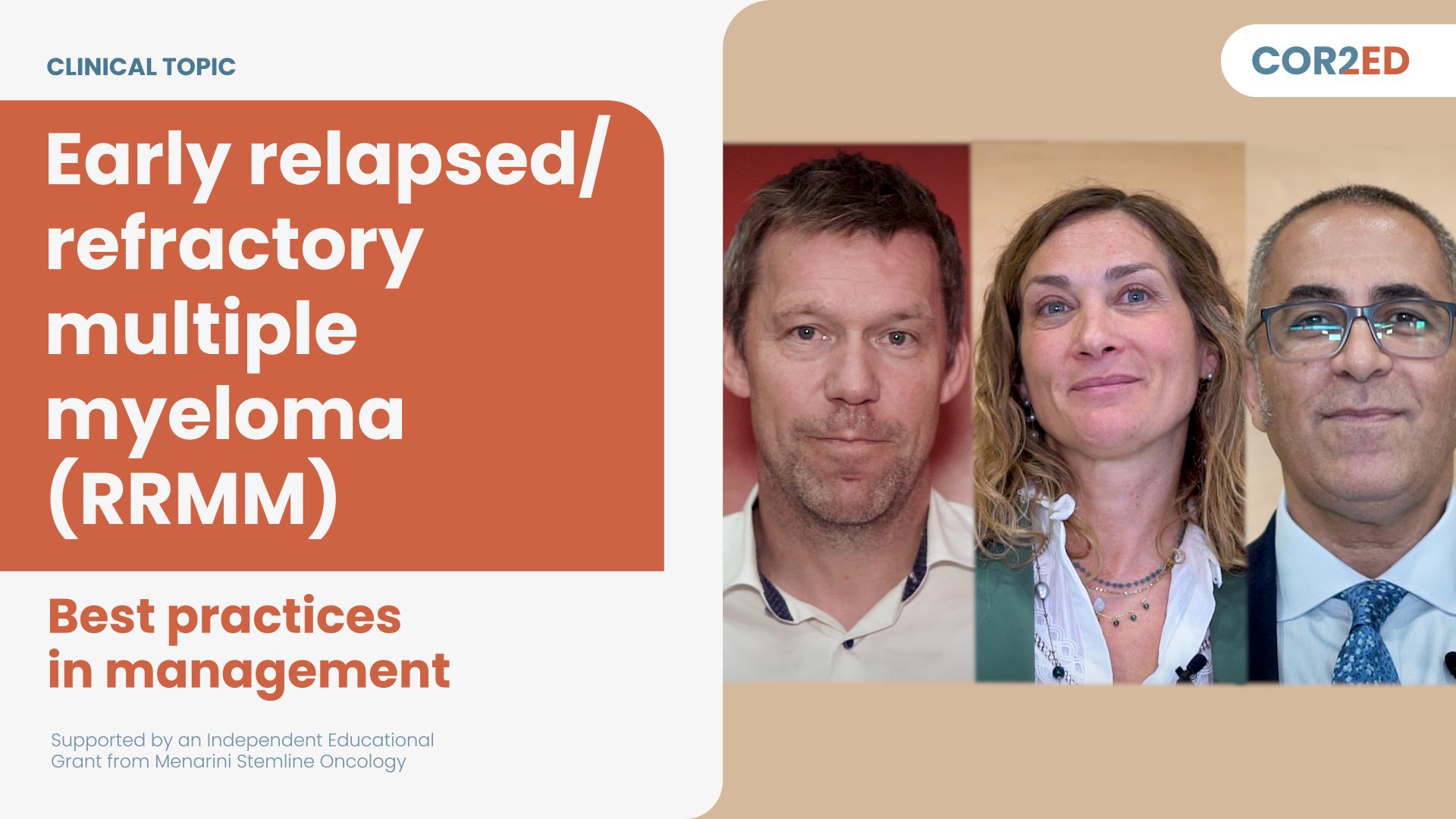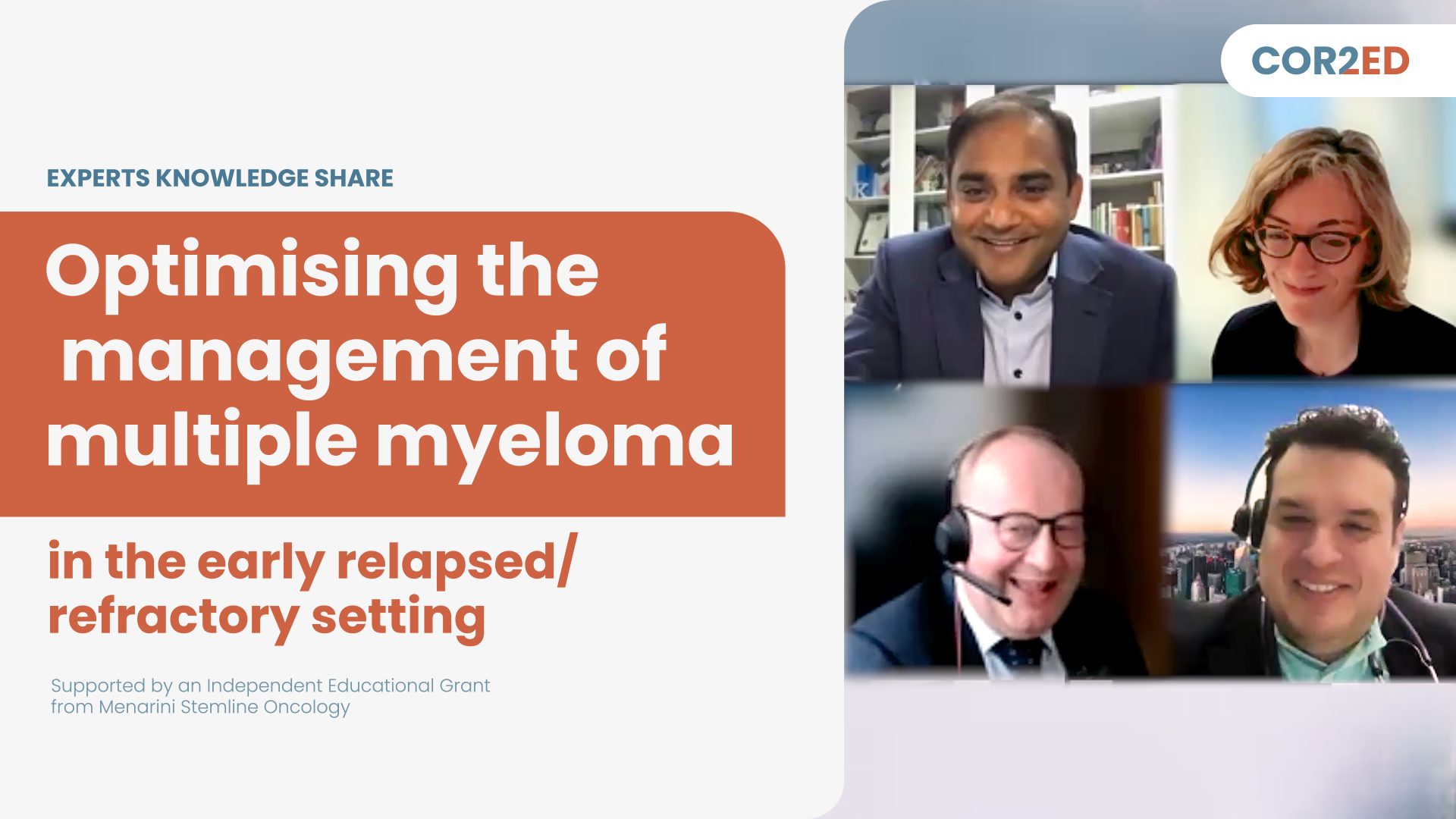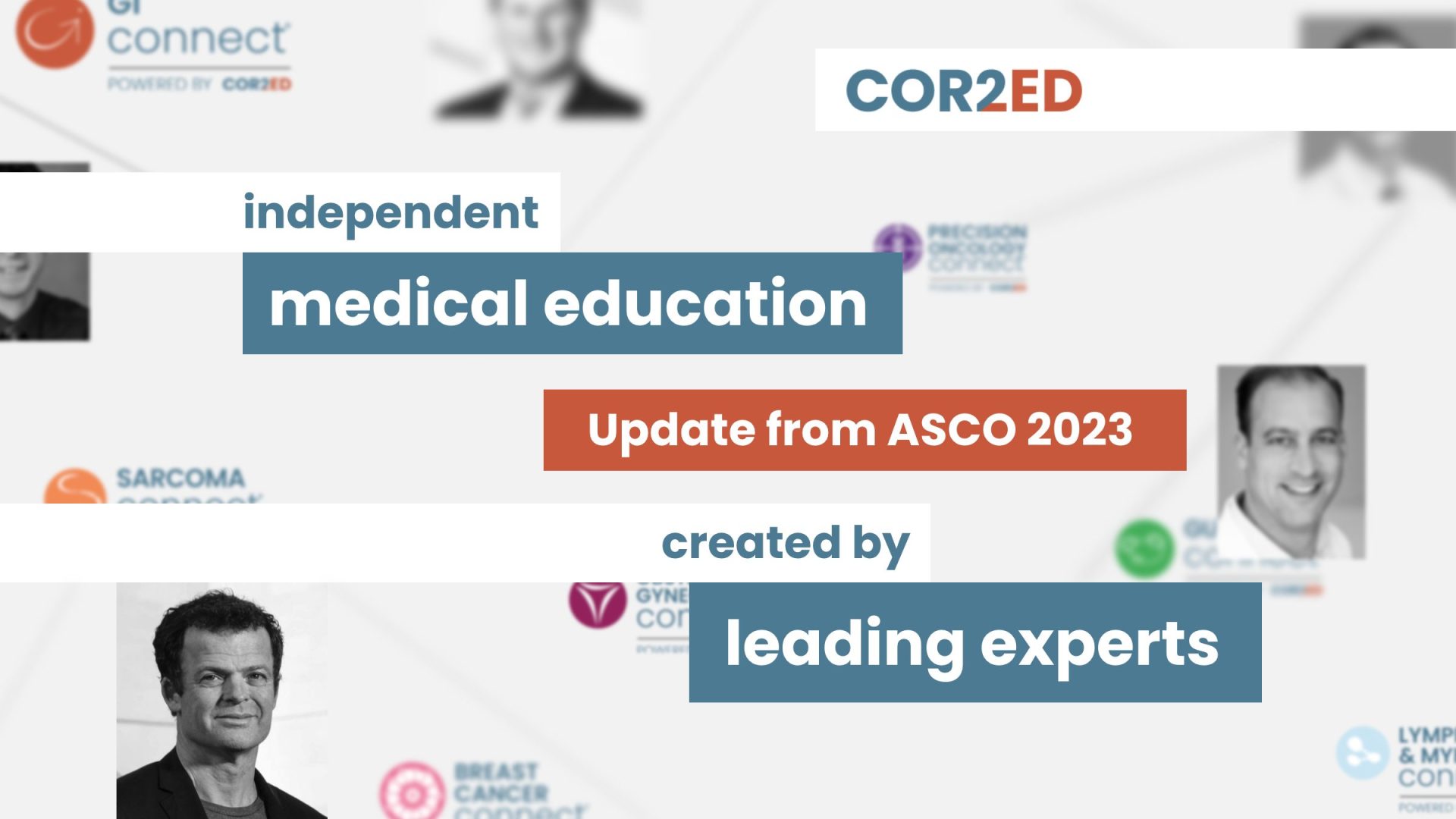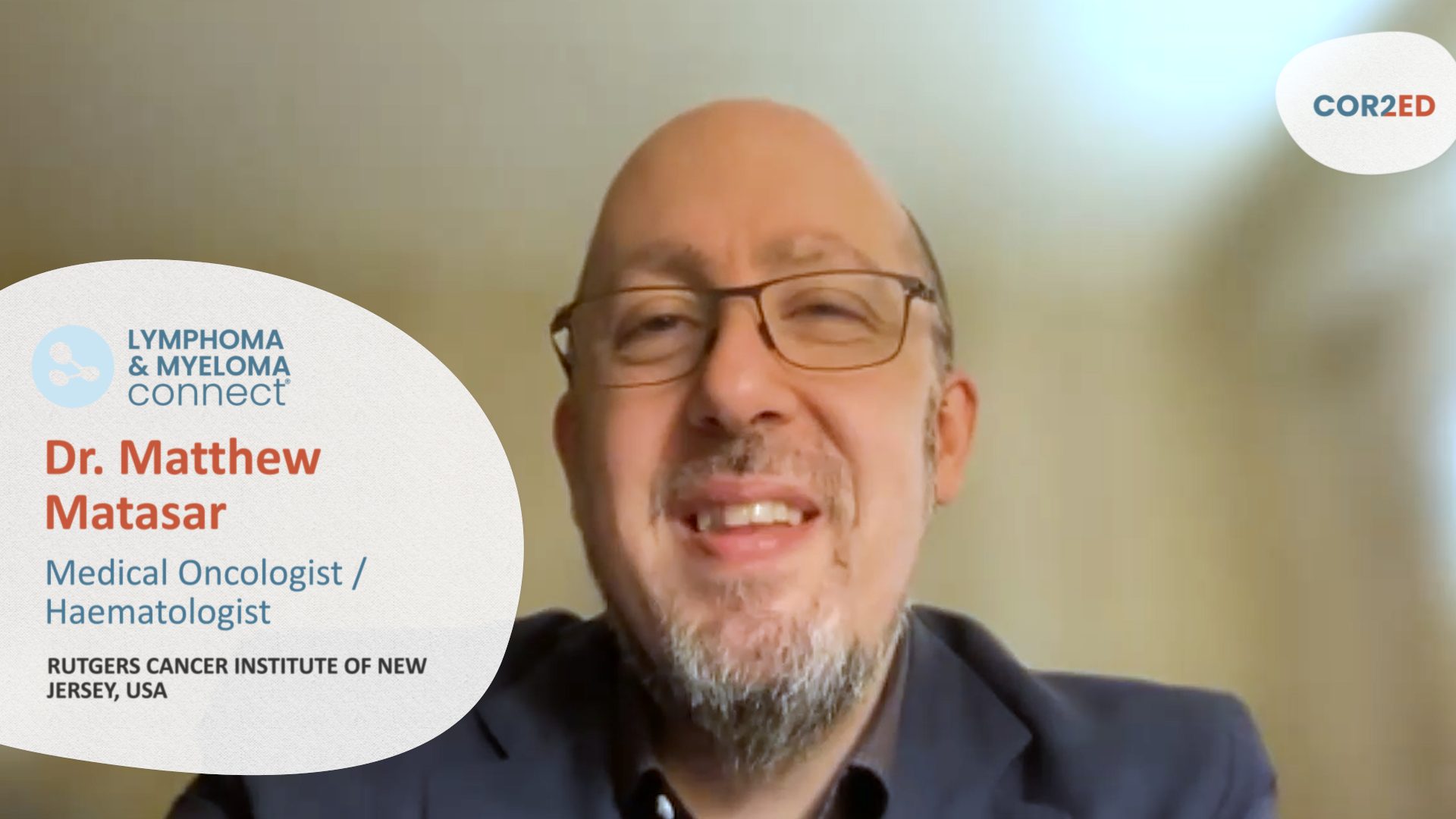Watch the video and download the slides
Paul M. Barr MD is a Professor of Medicine at the University of Rochester Medical Center in Rochester, New York. He received his MD from Northeastern Ohio Medical University. His internal medicine and hematology / oncology training was completed at Case Western Reserve University where he also served as Chief Medical Resident. Joining the University of Rochester lymphoma program in 2010, his primary research focus is on novel drug development for non-Hodgkin lymphoma and chronic lymphocytic leukemia. Current efforts revolve around the development of novel combinations incorporating inhibitors targeting the B cell receptor signaling pathway, supported by the Lymphoma Research Foundation and Hope Foundation. Beyond his individual research interests, he is a strong advocate for oncology clinical research. He serves as the Medical Director of the Clinical Trials Office for the Wilmot Cancer Center overseeing all industry sponsored, cooperative group and investigator initiated studies.
Abbvie, Celgene, Genentech, Merck, Seattle Genetics and TG Theraputics.
Other programmes of interest
Optimising the management of multiple myeloma in the early relapsed/refractory setting (RRMM)
Medical experts discuss the latest learnings from clinical practice
Experts
Prof. Aurore Perrot, Prof. Hermann Einsele, Prof. Karthik Ramasamy, Dr Joshua RichterListen to Expert Insights on Late-Breaking Data from ASCO 2023
Episode 6: Lymphoma Update: SWOG S1826 trial
Experts
Dr Mansoor Raza Mirza, Dr Paolo Tarantino, Prof. Alexey V Danilov, Prof. Mark Socinski, Prof. Evan Yu, Prof. Thomas Powles, Assoc. Prof. Gerald PragerUpdate From ASH 2022
Highlights from the ASH Annual Meeting
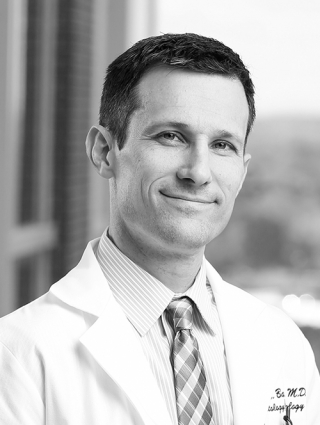
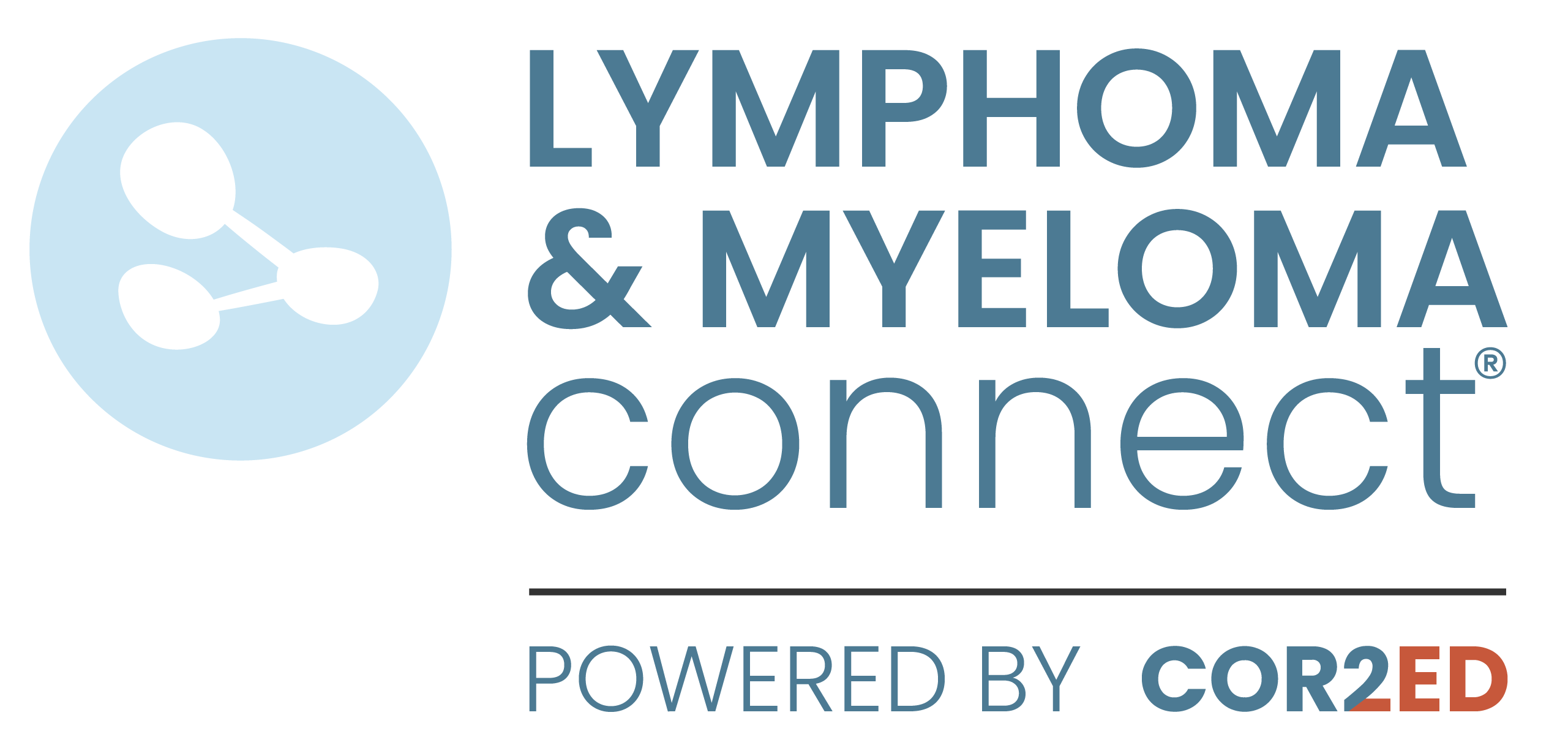


 Downloadable
Downloadable  5 MIN
5 MIN
 Jun 2025
Jun 2025 